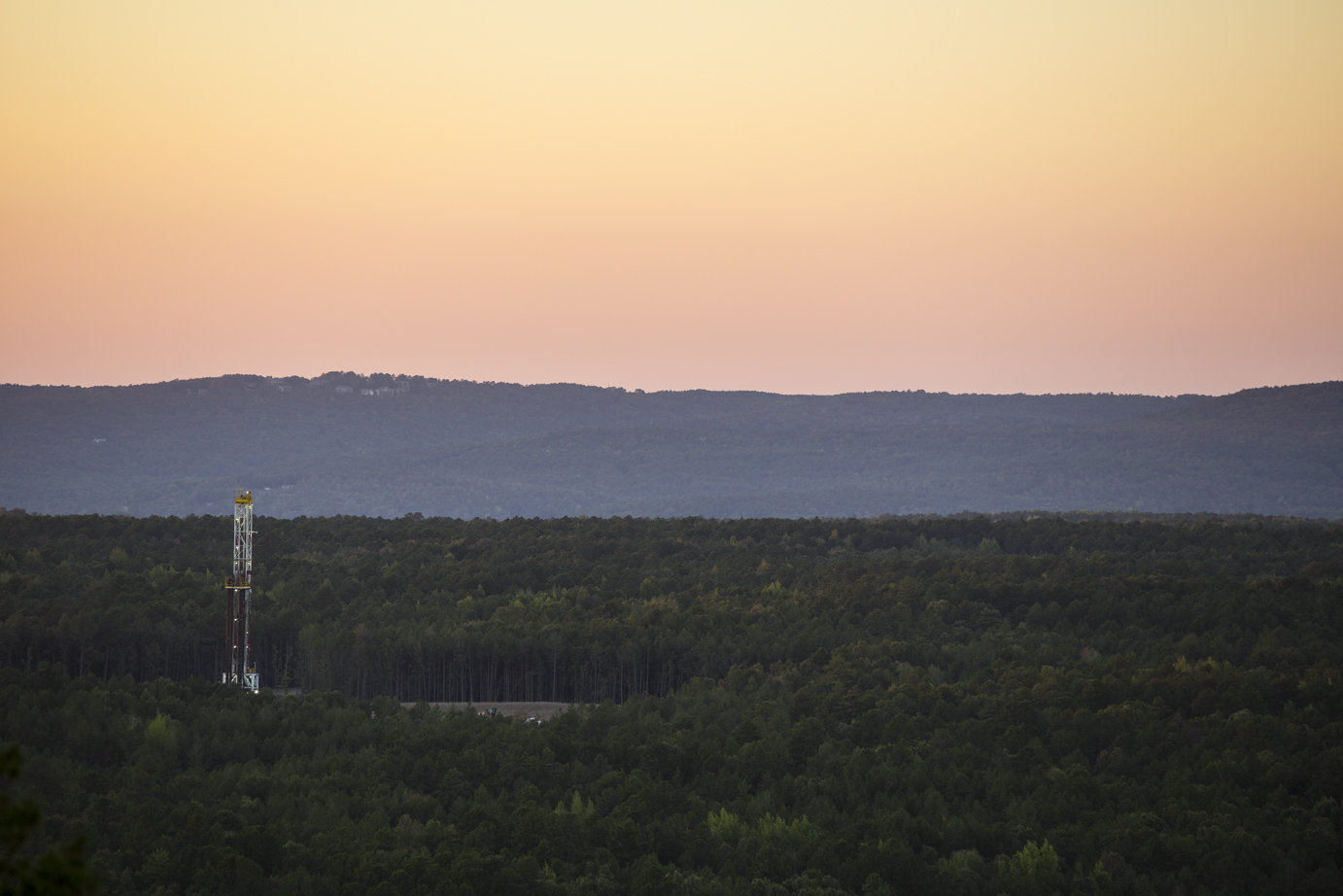The global outbreak of Covid-19 has upended our lives. Economic activity around the world has slowed at an alarming rate as many of us stop traveling, shutter our businesses, and stay in our homes. In Wyoming, families are feeling the strain, including our energy workforce. Oil prices continue to tumble as demand slows, companies slash spending, and Saudi Arabia and Russia flood the oversupplied markets with cheap crude, furthering a massive oil glut. Across the nation and in Wyoming, major oil and gas companies are already laying off workers.
In these lean times, it’s important to take stock of and be responsible with our resources, support our communities, and plan for a secure economic future. But while individuals and industries across the country are tightening their belts, energy companies are requesting exceptions from basic environmental protections that protect public health — shifting the burden to the public and future generations in a time of crisis.
Last week, the National Mining Association, the lead lobbyist for the coal industry, requested a temporary reduction or elimination of royalty payments and fees to the Treasury Department. Shortly thereafter, oil and gas companies asked the Environmental Protection Agency for a pass on regulatory requirements, claiming companies can’t afford to pay the employees who are responsible for ensuring compliance.
On March 26, the EPA issued a sweeping and unprecedented suspension of its enforcement of environmental protections telling companies they do not need to comply with environmental regulations during the outbreak — including protections for water, air, and land quality that prevent pollution and protect public health.. The EPA has not set an end date for this suspension. The new policy would allow companies to both ignore environmental protections and avoid routine monitoring and reporting obligations with no penalty or repercussions for noncompliance.
At the same time, the Bureau of Land Management is continuing to lease public land to oil and gas companies at unreasonably low prices, and is threatening to open up new lands to development in Resource Management Plans across the West during the pandemic. These actions raise serious fiscal and resource concerns. Should leasing and permitting be allowed to move forward if the energy industry has conceded it will be unable to meet its most basic environmental and public health obligations? Should it get special accommodations while the public faces additional roadblocks to participation? Should the public shoulder additional cleanup and public health costs to prop up an industry beleaguered by global markets?
In response to the pandemic, governors across the country have requested a halt to leasing, RMP revisions, and other federal actions on public lands. This week, conservative and taxpayer groups asked the federal government to suspend public lands leasing, calling it “fiscally reckless” in the current financial market. The financial return to taxpayers from public lands leasing is already far below the market rate, and the current oil glut is depressing returns even further. In BLM’s last Wyoming lease sale, only 61 percent of the acres that were offered actually sold — and 42 percent went for the minimum bid of $2 an acre for a 10 year right to develop. The parcels that weren’t bid on are now available noncompetitively for just $1.50 an acre. Conservation groups have also asked for a halt to leasing, concerned that the public can’t safely convene at meetings or even access important documents.
Some federal actions, like RMP revisions, can dictate land management for decades. It is critical that local stakeholders can provide input on these plans, understand them, and ask questions of government officials. Based on our concerns about public participation, the Wyoming Outdoor Council and Powder River Basin Resource Council sent a letter to Gov. Mark Gordon on March 26, requesting a pause on public comment periods for state permits and rule changes. The Outdoor Council, along with other conservation and sportsmen’s groups, has also requested a delay of the Rock Springs RMP draft release until public meetings can safely resume.
In Wyoming, we look out for one another in times of hardship. Many people’s livelihoods are on the line, and people in all lines of work are struggling. But cutting environmental regulations that protect the public’s health and leasing public land at bottom of the barrel prices is not a smart response to this crisis. It’s fiscally irresponsible, shortsighted, and jeopardizes the quality of life and natural resources Wyoming will need for a stable future.
Now is the time to come together and rally around our shared values, work for the well-being of our state, and protect its resources for future generations. That means not loosening the protections Wyoming people depend on for clean air, clean water, and abundant wildlife. In times of crisis, environmental protections are more important than ever. Public participation in government decision making is critical. And fiscal responsibility is even more essential. We should not rush to give away the resources that secure our state’s future — our public lands, our clean air and water, and our outdoor way of life.


